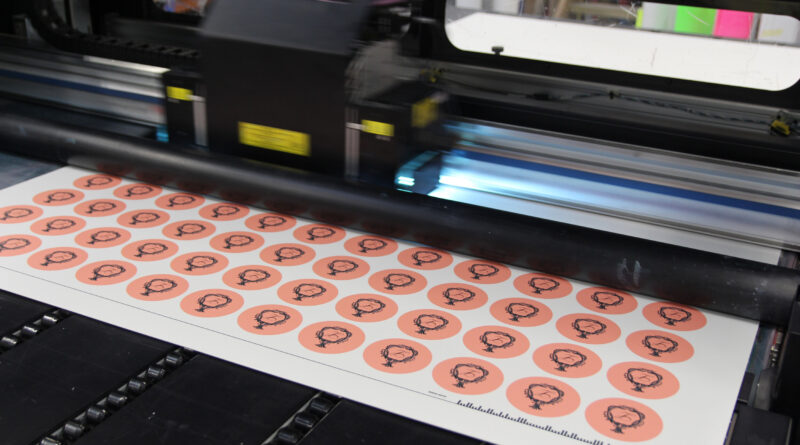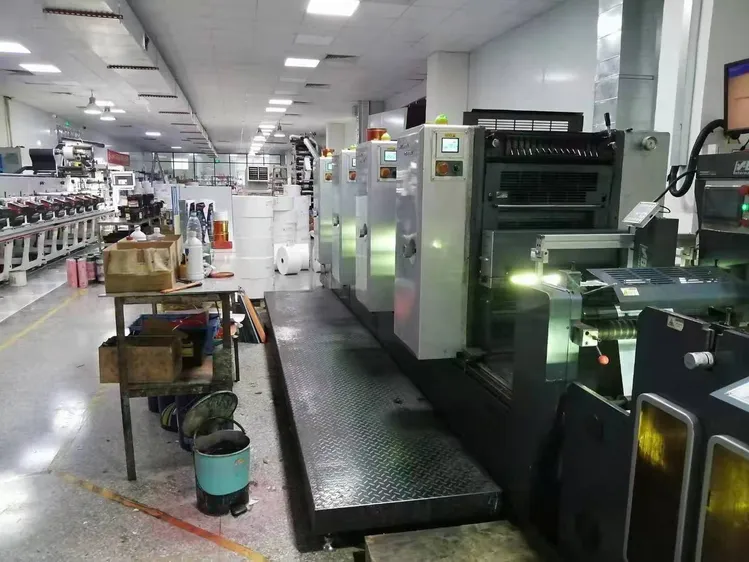In today’s global market, the need for anti counterfeit packaging has become more crucial than ever. With the rise of counterfeit goods, protecting brand integrity and ensuring product authenticity are paramount. Understanding the landscape of anti counterfeit packaging is essential for businesses aiming to safeguard their products and maintain consumer trust.

What is Anti Counterfeit Packaging?
Anti counterfeit packaging refers to the various technologies and strategies used to prevent counterfeiting and ensure the authenticity of products. It involves the integration of security features into packaging to make it difficult for counterfeiters to replicate.
Importance of Anti Counterfeit Packaging
The importance of anti counterfeit packaging cannot be overstated. It helps in protecting brand reputation, ensuring consumer safety, and complying with regulatory requirements. Businesses that invest in effective anti-counterfeiting measures are better positioned to compete in the marketplace.
Protecting Brand Reputation
Counterfeit products can severely damage a brand’s image. Implementing anti counterfeit packaging helps maintain the brand’s reputation by ensuring that consumers receive genuine products.
Ensuring Consumer Safety
Counterfeit products, especially in industries like pharmaceuticals and food, can pose significant risks to consumer health. Anti counterfeit packaging ensures that products are safe and reliable.
Regulatory Compliance
Many industries are subject to strict regulations regarding product authentication. Anti counterfeit packaging helps businesses comply with these regulations and avoid legal repercussions.
Technologies Used in Anti Counterfeit Packaging
There are various technologies employed in anti counterfeit packaging, each offering unique advantages to secure products.
Holograms
Holograms are a popular choice for anti counterfeit packaging due to their distinct appearance and difficulty to replicate. They provide a visual cue that indicates a product’s authenticity.
RFID and NFC Tags
Radio-frequency identification (RFID) and near-field communication (NFC) tags are used to track products and verify their authenticity. These technologies provide real-time data and enhance supply chain transparency.
QR Codes
QR codes are widely used for anti counterfeit packaging due to their ease of use and integration with smartphones. Consumers can scan QR codes to access product information and verify authenticity.
Implementing Anti Counterfeit Packaging in Your Business
For businesses considering anti counterfeit packaging, it’s important to evaluate the available solutions and choose the one that best fits their needs.
Assess Your Needs
Understanding your specific requirements is the first step. Consider the type of product, industry regulations, and consumer expectations when selecting an anti counterfeit packaging solution.
Consult with Experts
Working with packaging experts can provide valuable insights into the latest technologies and best practices in anti counterfeit packaging. They can guide you in selecting and implementing the most effective solutions.
Integrate with Existing Systems
Ensure that the chosen anti counterfeit packaging solutions can be integrated seamlessly with your existing systems. This will facilitate a smooth transition and maximize the benefits of the new packaging.
Challenges in Anti Counterfeit Packaging
While anti counterfeit packaging offers numerous benefits, there are challenges that businesses may face during implementation.
Cost Implications
Implementing anti counterfeit packaging can be costly, especially for small businesses. However, the long-term benefits often outweigh the initial investment.
Keeping Up with Technological Advances
The field of anti counterfeit packaging is constantly evolving with new technologies. Staying updated with the latest advancements is crucial for maintaining effective protection.
Consumer Education
Educating consumers about the importance of anti counterfeit packaging and how to verify product authenticity is essential for the success of these measures.
Future of Anti Counterfeit Packaging
The future of anti counterfeit packaging looks promising, with continuous advancements in technology and increased awareness about the importance of product authenticity.
Integration with Blockchain
Blockchain technology offers opportunities for enhanced product traceability and verification in anti counterfeit packaging. It provides a decentralized and secure platform for tracking product journeys.
Innovative Materials
New materials and printing techniques are being developed to improve the effectiveness of anti counterfeit packaging. These innovations focus on sustainability and cost-effectiveness.
Enhanced Consumer Engagement
Future anti counterfeit packaging solutions will likely focus on improving consumer engagement through interactive features and personalized experiences.
Conclusion
In conclusion, anti counterfeit packaging is a vital component for businesses looking to protect their products and maintain consumer trust. By understanding the available technologies and implementing the right solutions, businesses can effectively combat counterfeiting and secure their brand’s future.
For further reading on how sustainable practices can be integrated into packaging, visit the eco-branding through printing section. Additionally, learn more about the importance of anti-counterfeiting technologies in today’s world at nanomatrixsecure.com.

FAQ
What are the benefits of anti counterfeit packaging?
Anti counterfeit packaging helps in protecting brand reputation, ensuring consumer safety, and complying with regulatory requirements.
How do QR codes work in anti counterfeit packaging?
QR codes are integrated into packaging and can be scanned by consumers to access product information and verify authenticity.
What role does blockchain play in anti counterfeit packaging?
Blockchain offers a secure platform for enhanced product traceability and verification, making it a promising technology for anti counterfeit packaging.
This article contains affiliate links. We may earn a commission at no extra cost to you.






